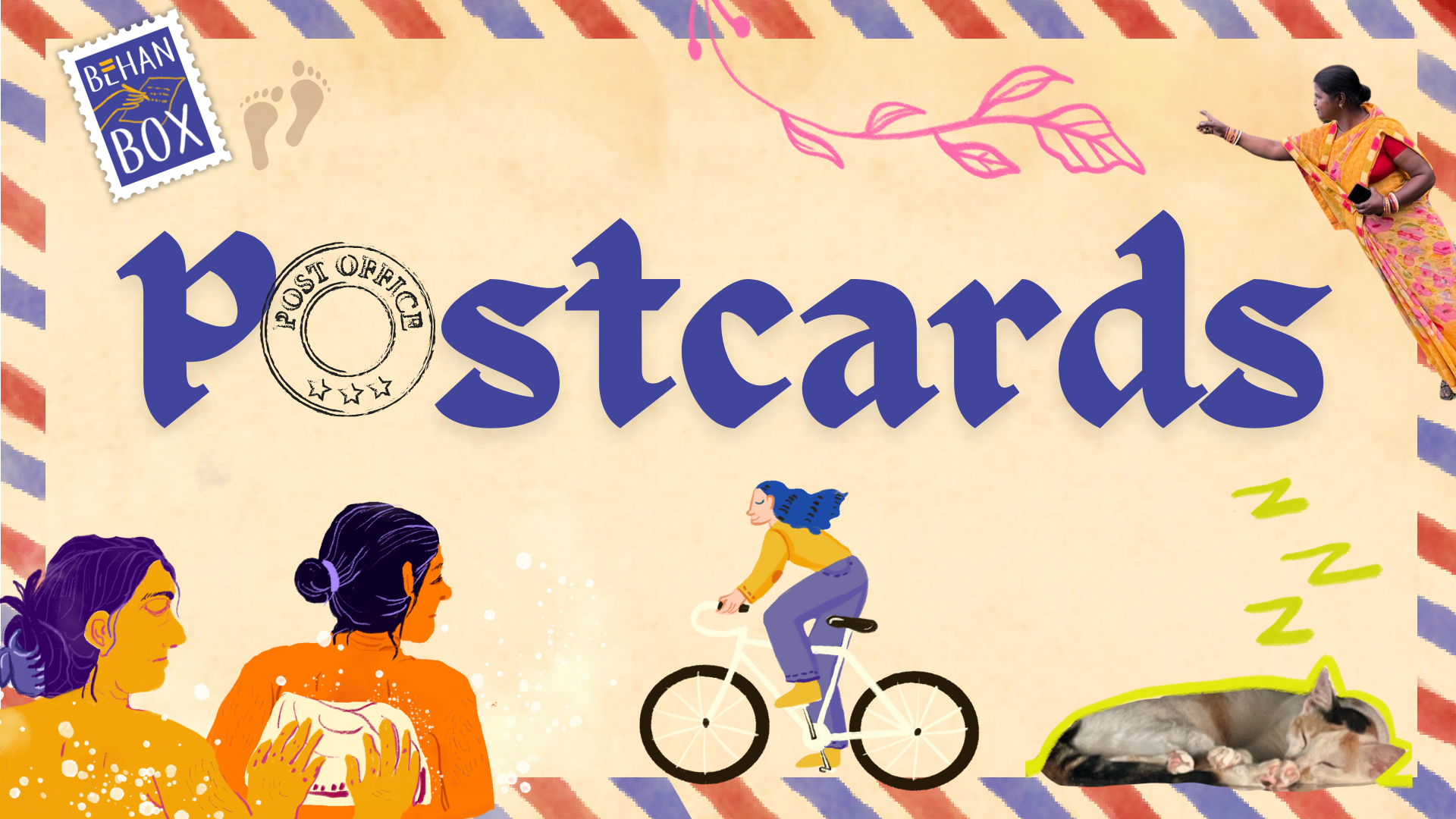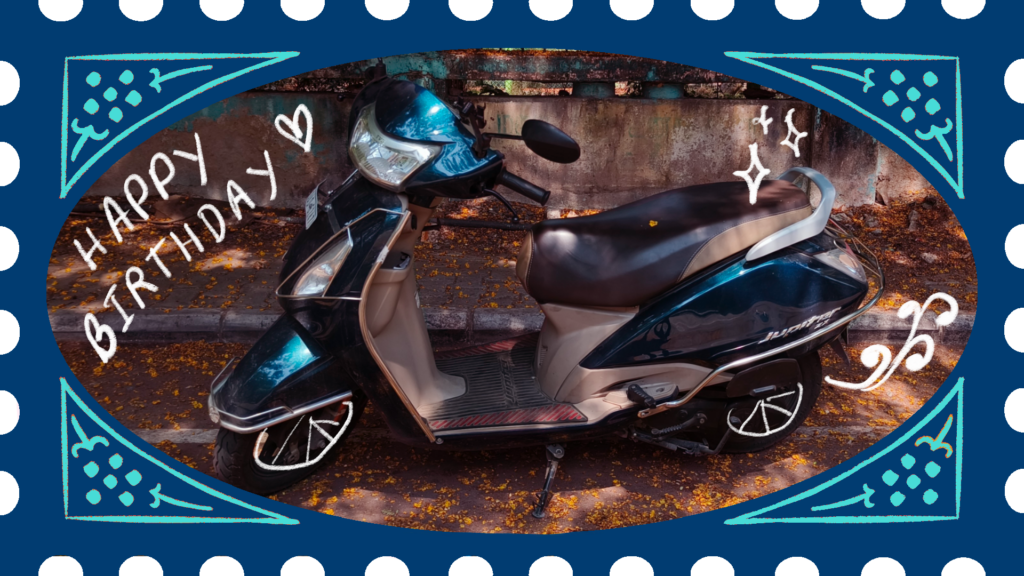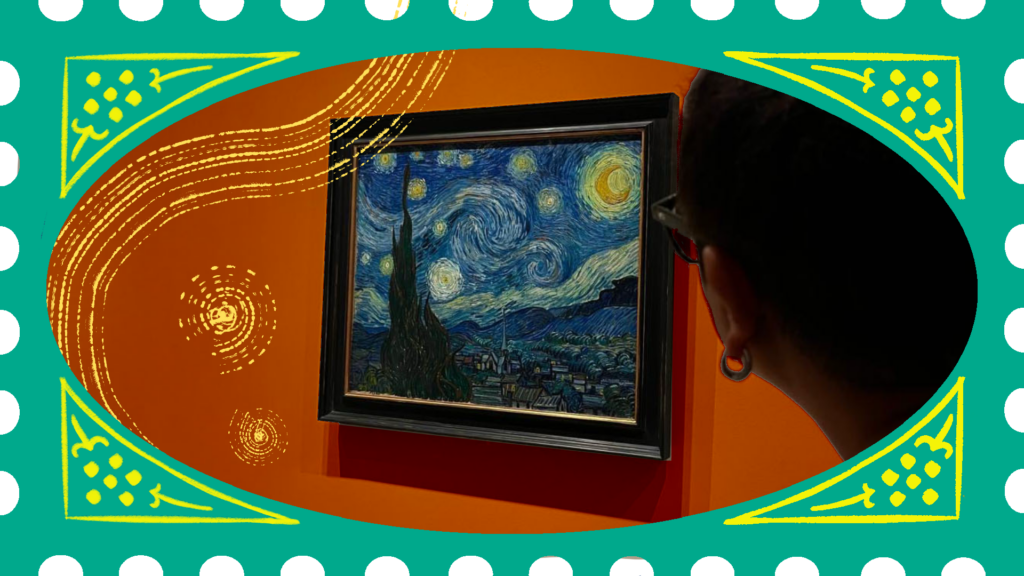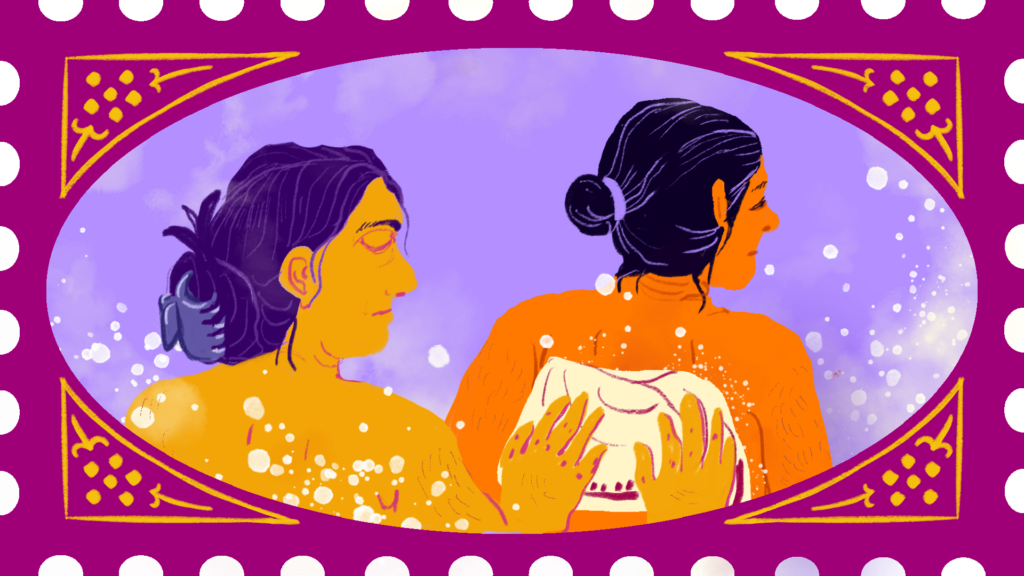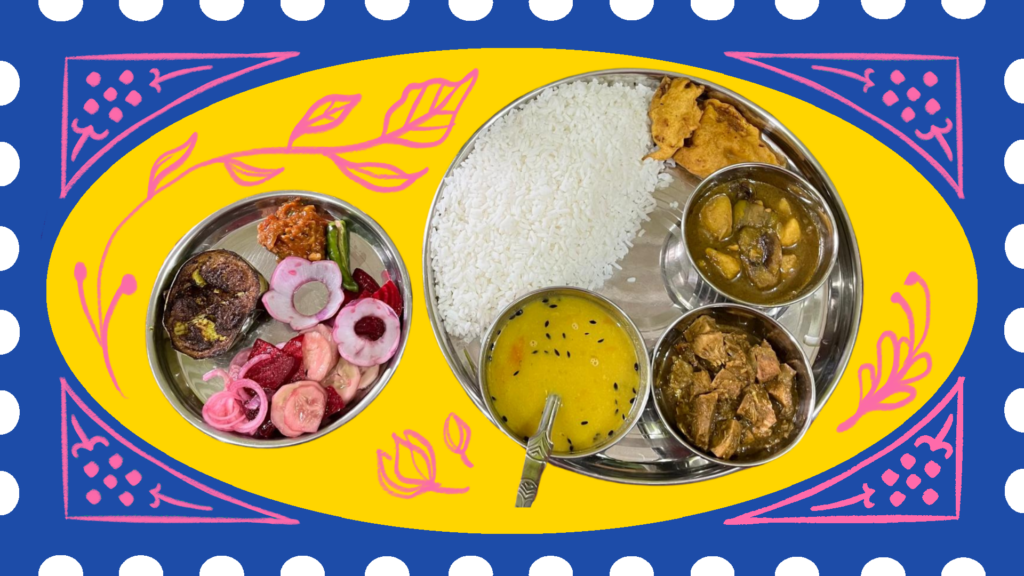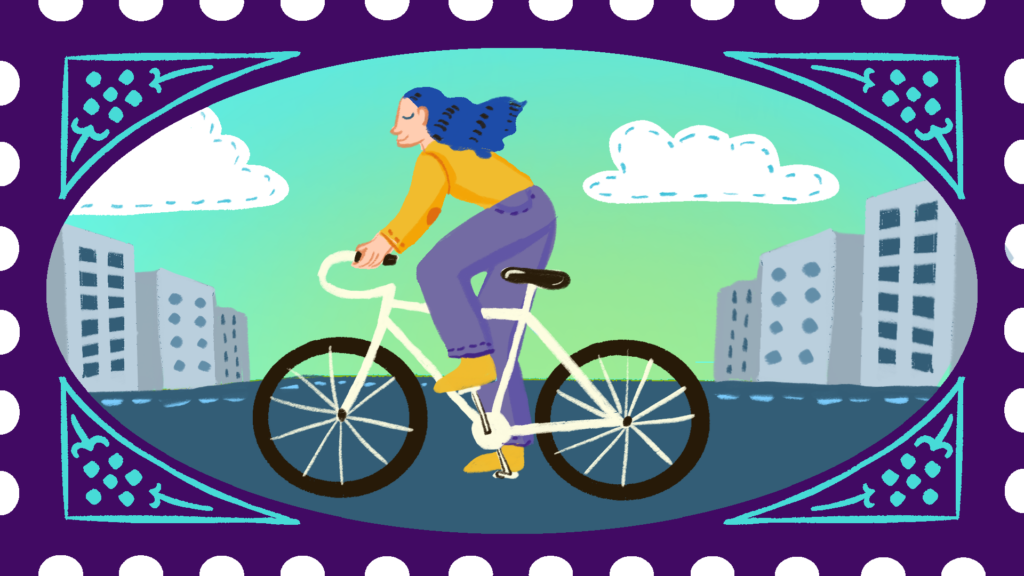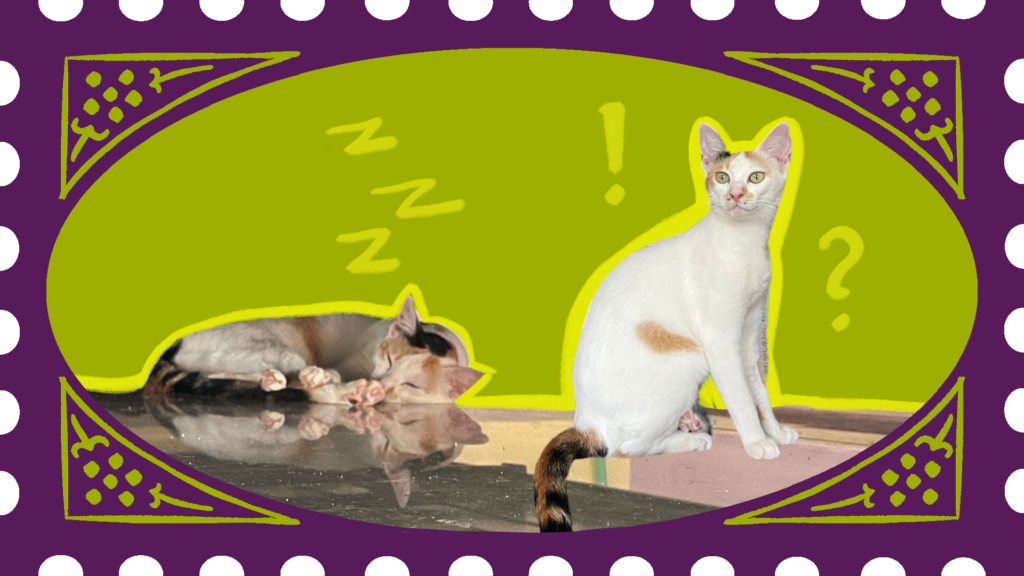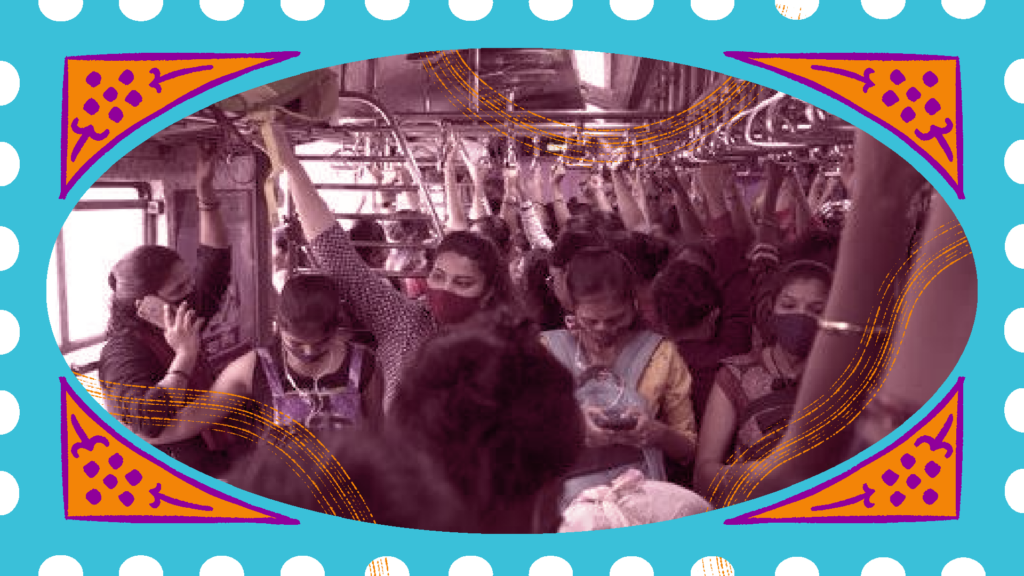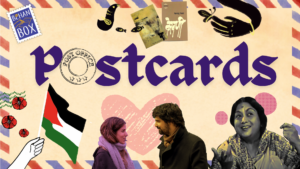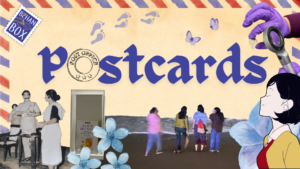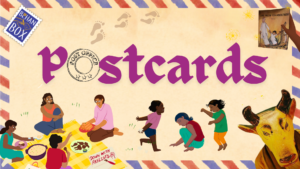It was the night of April 13th. My friend and I boarded a fast train from Thane to Kurla, on our way to Chembur for Ambedkar Jayanti celebrations. For anyone who’s taken a train from Thane, especially the second-class ladies’ compartment, you’ll know it’s never a calm ride. It’s packed — women heading home from work, ready to switch roles and start another round of responsibilities.
There’s a routine to it, though — people push their way in, adjust bags, make space where there isn’t any, and somehow find time to share a chat by the doors. That day, the train, delayed by 10 minutes late, was already full. We squeezed in any way, as always.
Inside, a young woman gripped a baby in one arm while a small boy held onto her other hand. An older woman with her daughter, the same age as the boy, stood next to her. They didn’t know each other. But it didn’t matter. As the train started moving, the older woman told the children to hold hands and gently moved them in front of her so the young mother could manage the baby better.
Someone nearby asked, “Why’d you bring the baby in such a rush? Should’ve taken the bus.” The young mother smiled, half-tired. “I was going to… but forgot in the middle of handling these two,” she said, pointing at her children. Minutes later, the baby started crying. Without much discussion, everyone around started helping in small ways; one woman jingled her key, another guessed he might be thirsty, and a third filled the cap of her bottle and offered some water with the mother’s nod.
The baby kept crying — until the older woman lifted her water bottle and gently tapped it against the hanging metal bar. A soft, steady sound rang out. The baby stopped, looked up, and watched the bottle move. It worked. For the rest of the ride, she kept up the gentle tapping. The rest of us just smiled.
Urvi Sawant
